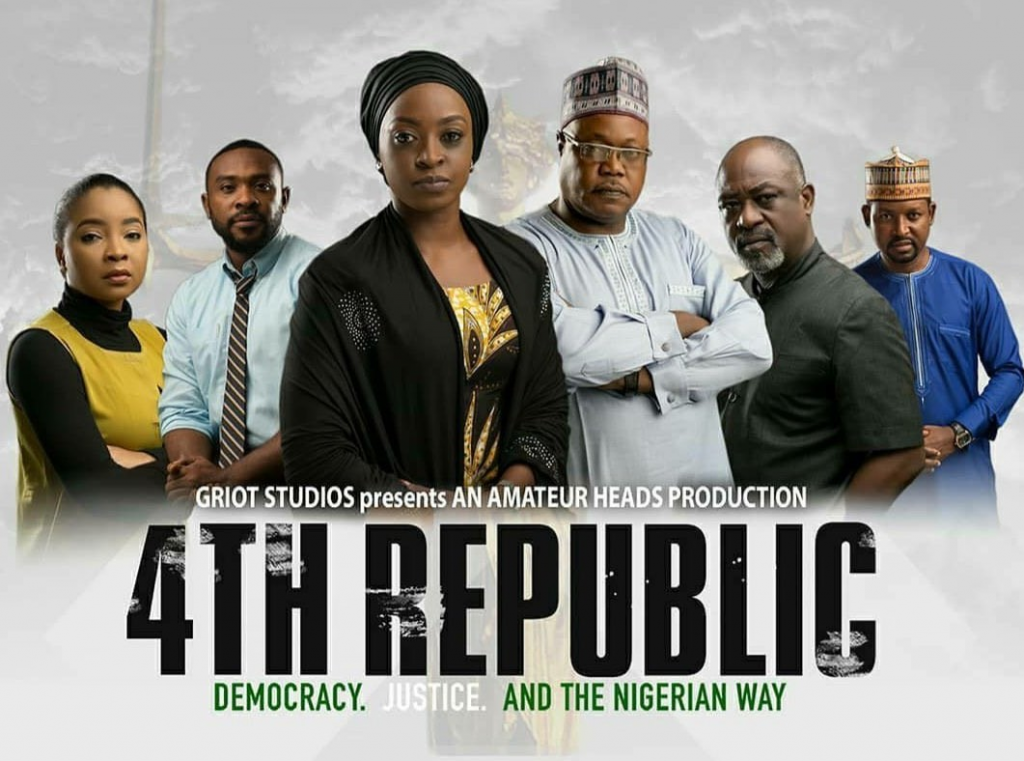
By Akanni Dorcas
As Nigeria celebrates its 64th Independence Day, what better way to enjoy the occasion than by watching some of the country’s most memorable movies?
These films not only entertain but also shed light on key moments in Nigeria’s path to independence and beyond.
From powerful stories of colonial struggles to inspiring tales of national heroes, here are some must-watch Nigerian movies that beautifully capture the nation’s rich history and enduring spirit.
Independence Day: Movie to watch
October 1
Directed by Kunle Afolayan, October 1 was released in 2014 and is set in the period leading up to Nigeria’s independence. The film follows Danladi Waziri (played by Sadiq Daba), a dedicated police officer from Northern Nigeria, tasked with solving a series of murders in the Western town of Akote.
The killer, Prince Adereropo (Adedamola Adedoyin), is linked to the deaths of young girls, including Miss Tawa (Kehinde Bankole), his first love. The movie not only explores a suspenseful mystery but also sheds light on pre-independence issues like gender discrimination, colonialism, and sexual harassment. It remains a powerful narrative about Nigeria’s past.
Half of a Yellow Sun
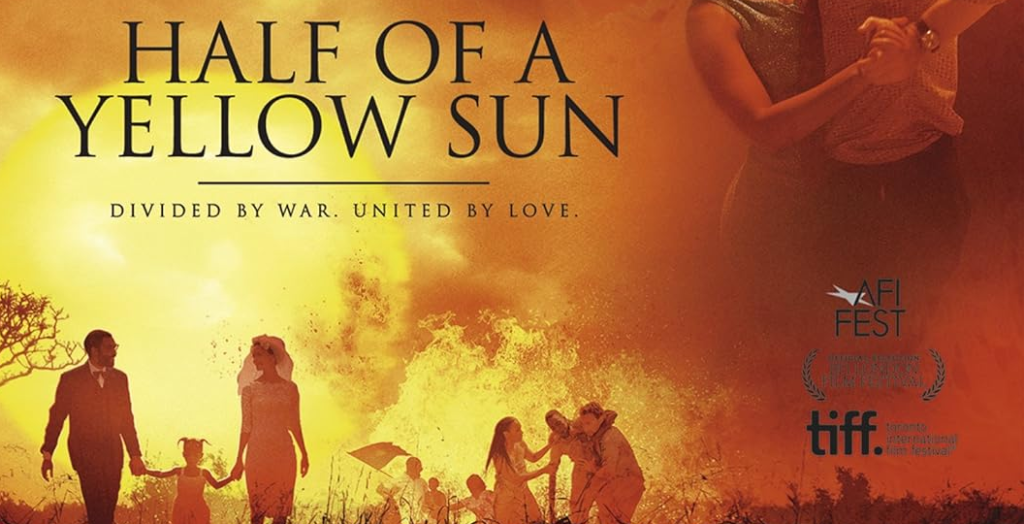
Based on Chimamanda Ngozi Adichie’s acclaimed novel, Half of a Yellow Sun (2013) is directed by Biyi Bandele. The movie takes place during Nigeria’s civil war and follows the lives of twin sisters, Kainene and Olanna, as they navigate love, loss, and the chaos of war.
Starring Chiwetel Ejiofor, Thandie Newton, and Genevieve Nnaji, the film portrays the struggle for Biafra’s independence and the inter-tribal tensions that accompanied the war, offering a deep look at a pivotal moment in Nigerian history.
The Herbert Macaulay Affair

Imoh Umoren’s The Herbert Macaulay Affair (2019) explores the life of Nigerian nationalist Herbert Macaulay, focusing on his fight against colonial oppression. Set in the early 1900s, the film reveals Macaulay’s battles for land rights, racial equality, and justice in colonial Lagos.
Featuring William Benson in the lead role, the film shines a light on one of Nigeria’s lesser-known heroes.
’76
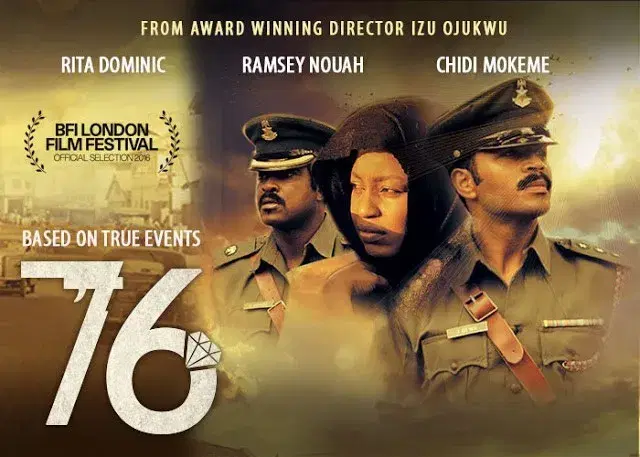
Set after Nigeria’s civil war, ’76 (2016), directed by Izu Ojukwu, focuses on a young soldier who finds himself accused of participating in the 1976 coup that led to the assassination of General Murtala Mohammed. As his heavily pregnant wife deals with emotional turmoil, the film delves into themes of loyalty, love, and betrayal.
Shot in Ibadan and approved by the Nigerian military, ’76 offers a historical drama set against the backdrop of a politically charged era.
Oloibiri
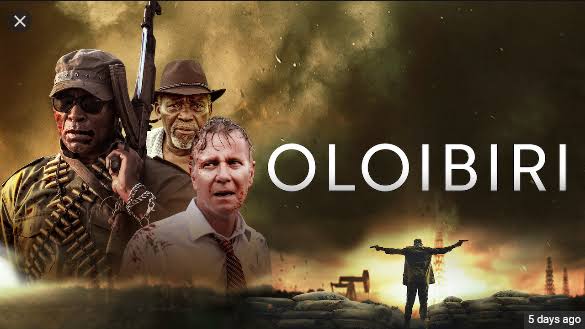
Directed by Curtis Graham, Oloibiri (2016) is an action-packed thriller that chronicles the exploitation of oil in the town of Oloibiri. Starring Olu Jacobs and Richard Mofe Damijo, the movie showcase the devastating effects of oil extraction on local communities and the rise of militancy in the Niger Delta.
The film’s premiere, attended by former Nigerian officials, sent a strong message about the ongoing plight of the Niger Delta’s people.
Invasion 1897

Produced by Lancelot Imasuen in 2014, Invasion 1897 recounts the British invasion of the Benin Kingdom in 1897 and the exile of its king, Oba Ovonramwen.
The film, narrated by a young prince on trial for stealing artefacts, features a strong cast and provides a visual retelling of one of Nigeria’s most significant historical events—the destruction of the once-powerful Benin Empire.
4th Republic

Released in 2019 and directed by Ishaka Bako, 4th Republic tells the story of Mabel King, an industrialist running for governor in a tense political landscape. The film touches on Nigeria’s return to democracy in 1999 and features a star-studded cast including Kate Henshaw and Enyinna Nwigwe.
4th Republic depicted Nigeria’s political struggles and electoral corruption.
Amazing Grace
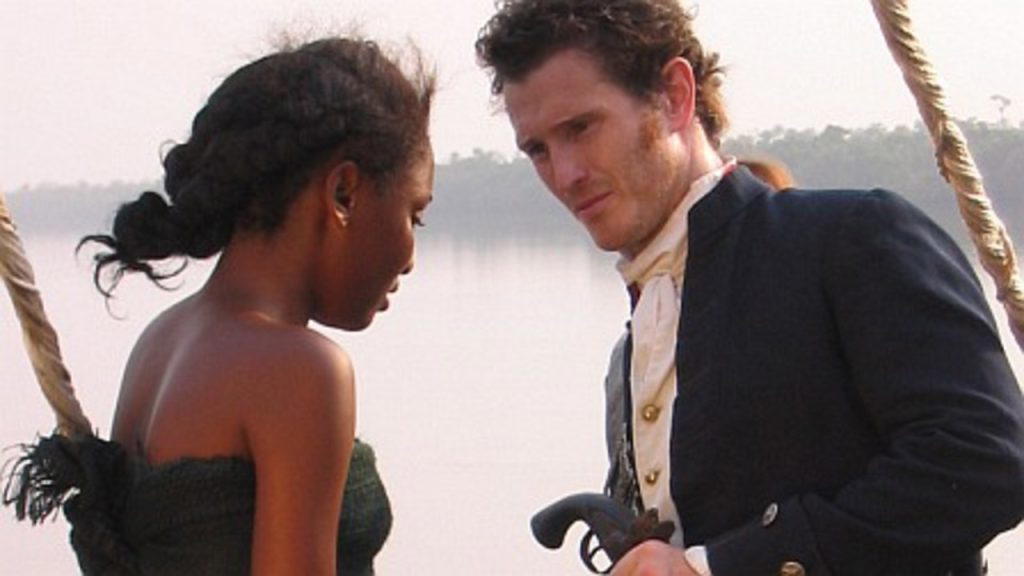
Jeta Amata’s Amazing Grace (2006) addresses one of the darkest chapters in Nigerian and global history: the transatlantic slave trade. The film tells the story of British slave trader John Newton, who, after a near-death experience, renounces his involvement in the trade and becomes a priest.
With a cast that includes Fred Amata and Joke Silva, the movie vividly portrays the brutality of the slave trade and its impact on Nigerian society.









